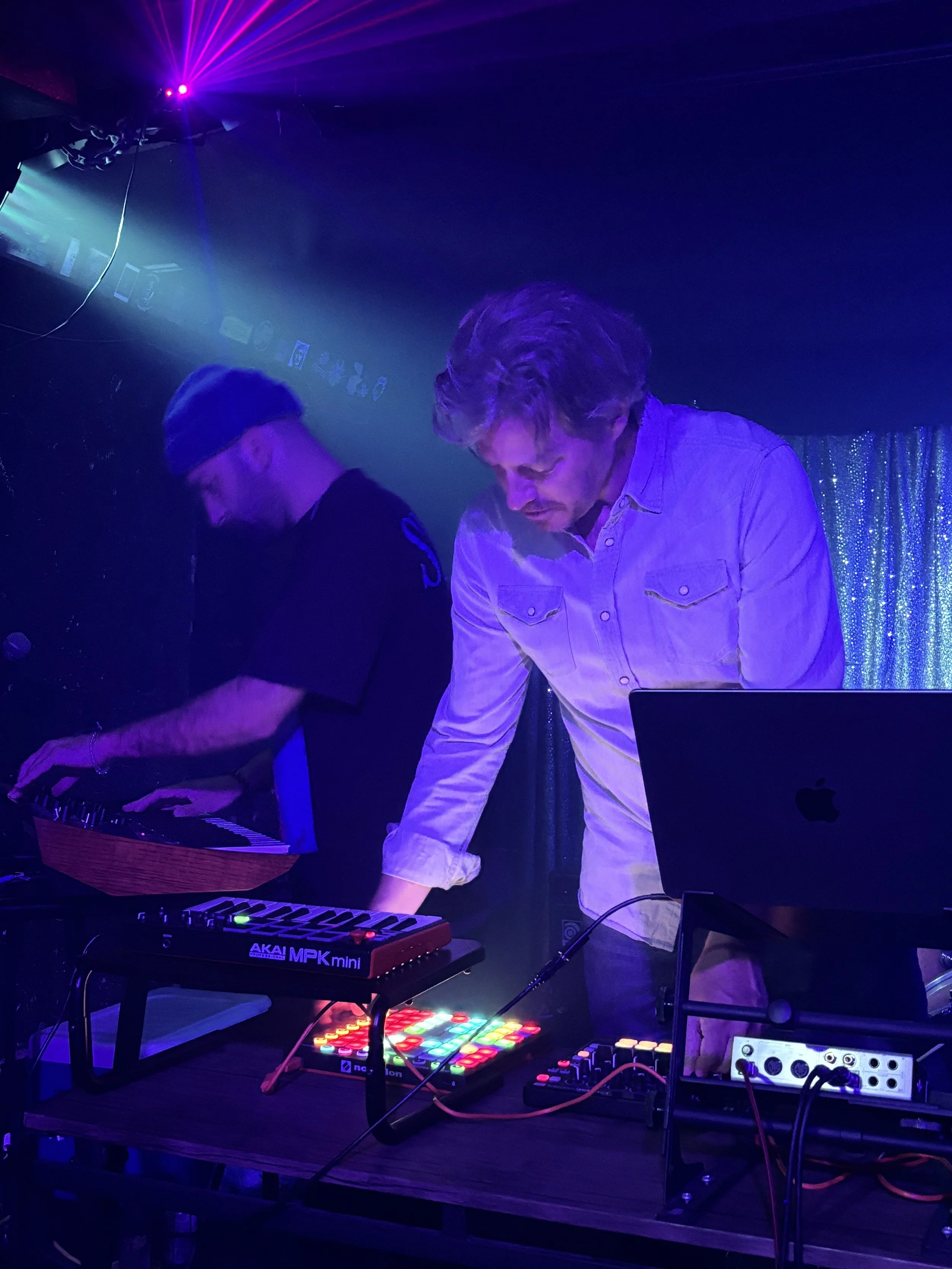Eight weeks, fourteen tracks. To be fair, some were closer to sketches than finished pieces—but that was kind of the point. The experiment was to outrun my inner critic: to quiet my obsession with quality by focusing instead on quantity.
So, what happened?
Well, I definitely forced myself to release music that wasn’t fully ready. But honestly—if I’d sat on those same tracks for a few more weeks, fiddled endlessly, second-guessed myself—would they have ended up all that much better? Maybe. A little more polish in the mix or mastering, sure. But if a track doesn’t move you in its raw form, no amount of sheen will save it.
What I Learned
You can’t rush the process—especially when you’re balancing music with work, family, and everything else. Some ideas land, others don’t, and that’s okay.
Substack isn’t for me. I went in with high hopes, but it turned out to be another attention drain. Judging by the number of abandoned newsletters I stumbled across, I’m not the only one who felt that way.
What’s Next
A few of the ideas from this challenge might grow into something more fully realized. Time will tell.
Spending part of this stretch in Florida—so different from home in California—shifted my perspective. It sparked different thoughts, different melodies. Right now I’m feeling the pull of the guitar more than the synths. I’ll always love instrumental music, but there’s something undeniable about the human voice. A song can hold emotional weight in a way that cuts through everything else.
So, we’ll see where this next chapter goes. Until next time.









